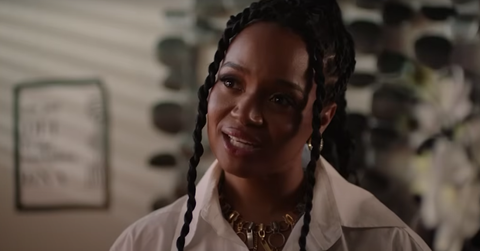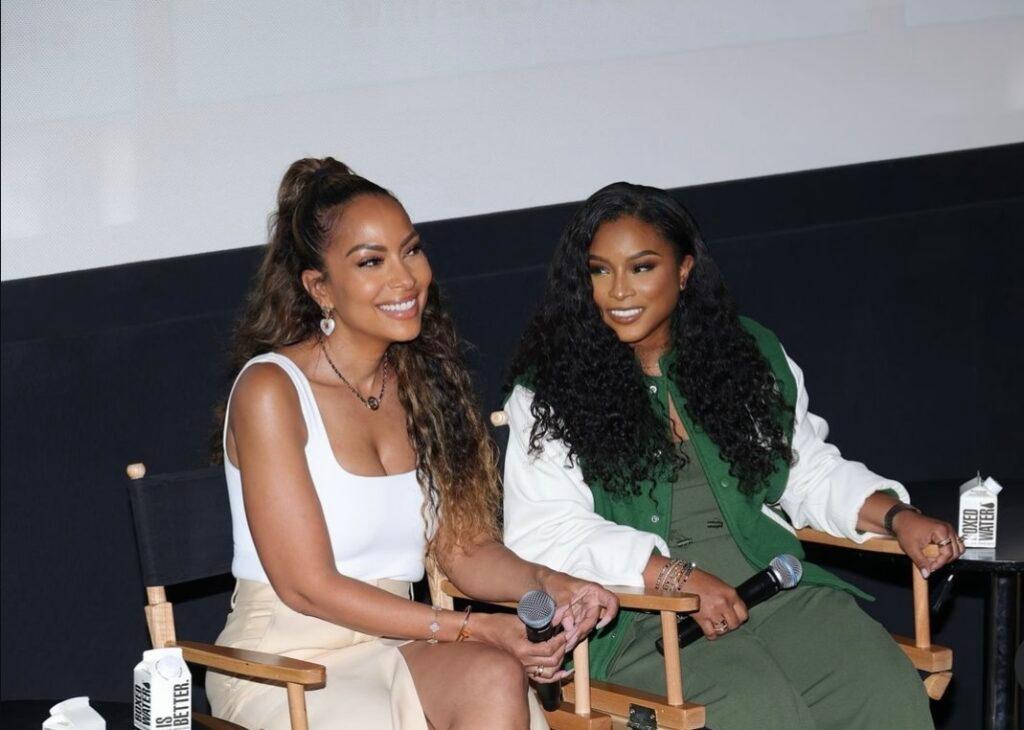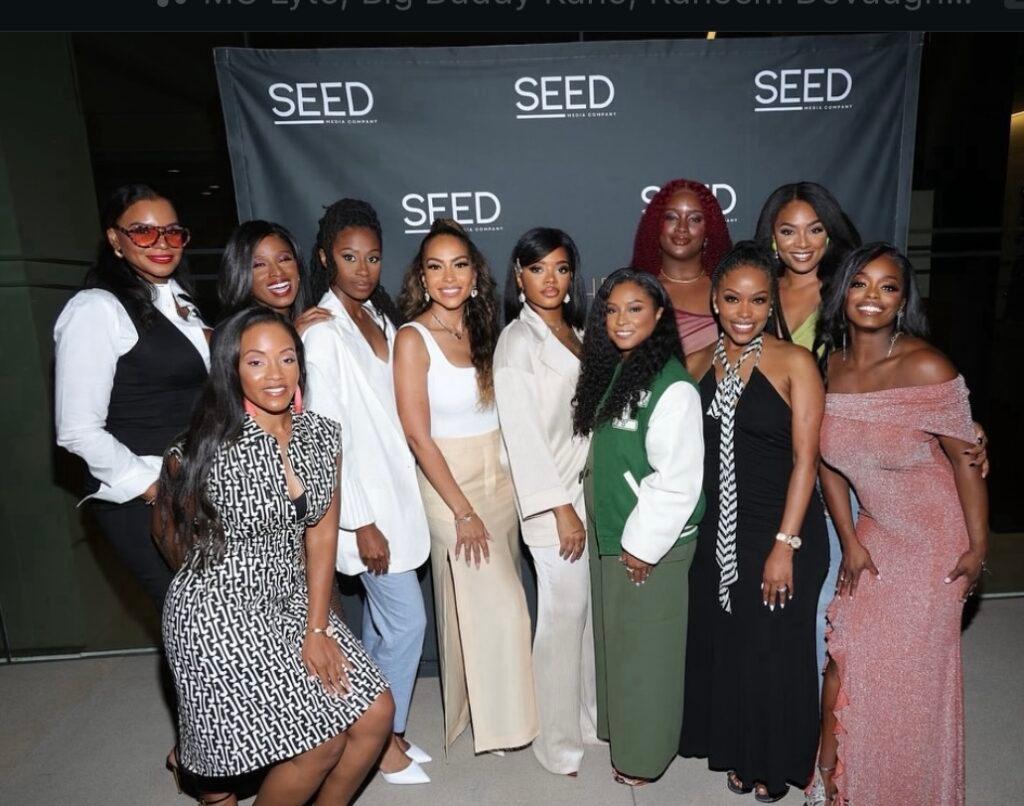Valeisha Butterfield’s SEED Media Debuts ‘The Memo,’ A Film On Women Of Color In The Workplace

Valeisha Butterfield is a master storyteller. Her distinguished career in tech and entertainment, including key leadership roles at Google and the Recording Academy, speaks to her deep understanding of narratives and their power.
Now, she is venturing into filmmaking with her production company, SEED Media. Her first project, a film titled The Memo, is an adaptation of Minda Harts’ bestselling book of the same name. A private viewing was held in late August at Soho House in West Hollywood, which was part of the film’s screening run, and there was a Q&A session moderated by Valeisha.

Directed by Vanna James, the film follows Minda (played by Kyla Pratt) as she navigates the challenging terrain of corporate America. The story highlights the politics and systemic barriers Black women often face in corporate spaces and beyond.
Minda Harts, the award-winning author and central figure behind both the book and the film, spoke candidly about her decision to leave a secure corporate career—what she referred to as “golden handcuffs”—to tell her story. It was a decision fueled by a desire to speak openly about her experiences, which required immense courage.
“When you’re the only one in those spaces, it makes it extremely difficult to show up and not be perceived as angry or feisty or docile,” Harts shared, reflecting on the emotional toll.
The journey to creating The Memo began with a blog, “Memo Mondays,” which Harts started as a personal healing outlet. Initially, it served as a platform for sharing her experiences, but it quickly grew into a community space where other women of color could find solidarity and support.
“I didn’t realize that my story was her story, that my voice was tied to somebody else’s freedom,” Harts explained.
The blog’s success led to a bestselling book and eventually a film adaptation. The film is more than just a visual retelling of the book; it expands its mission to humanize the experiences of women of color in corporate settings. During the Q&A, Valeisha, the film’s executive producer, highlighted the significance of storytelling in promoting diversity, equity, and inclusion (DEI).
“I really believe that storytelling is DEI 2.0,” she stated. “How do we bring to life and humanize these experiences, not just through data and numbers, but in a way that others can see themselves and maybe even the role that they’re playing in this problem?”
Valeisha pointed out that out of the 90 books adapted into short films last year, 80% were authored by white men. Despite these odds, they were determined to tell Harts’ story authentically.
“We took no outside funding from some big investor, although there was money there because we knew the story had to be real,” she said.

The collaboration between Harts and the creative team stands as a remarkable example of sisterhood and mutual support in the industry.
“One of the most beautiful experiences has been doing this alongside other powerful, brilliant black women and the synergy that happened on set,” said Modupe Congleton, who also served as executive producer. “Even as we are coming together to celebrate Minda and the storytelling and what Valeisha is building with Seed Media is one where we know we are not only creating legacy for ourselves, but telling the stories that are needed for generations to come. This is a powerful moment…a moment in history that is 100% a movement.”
The production of the film was completed in less than a year, demonstrating a sense of urgency and a commitment to sharing this story.
“I do think that time is the most valuable resource that we all have,” Valeisha said. “Life’s too short. If we don’t tell this story now, why are we going to wait for the next generation to do it when we could actually be setting them free?”
Harts’ journey from feeling trapped in a stifling job to becoming a bestselling author and now a film producer is a powerful reminder of the importance of recognizing one’s own value and potential. Her message to viewers is clear: “You deserve all the good things. You’ve worked so hard to get to where you are right now.”
The Memo isn’t just a film; it’s a call to action. It challenges viewers to reflect on their own lives, to seek more, and to recognize their worth.






